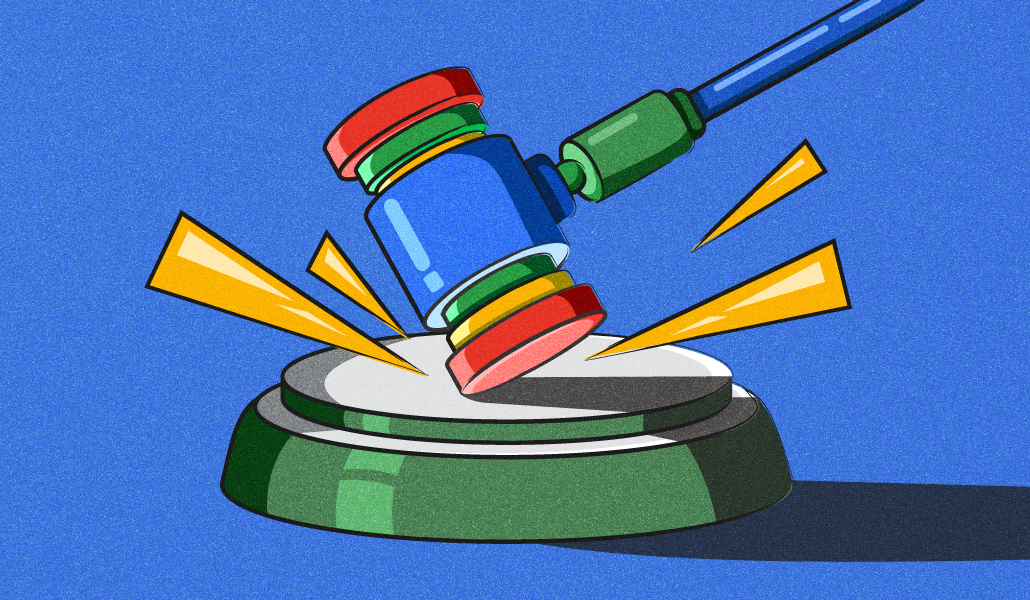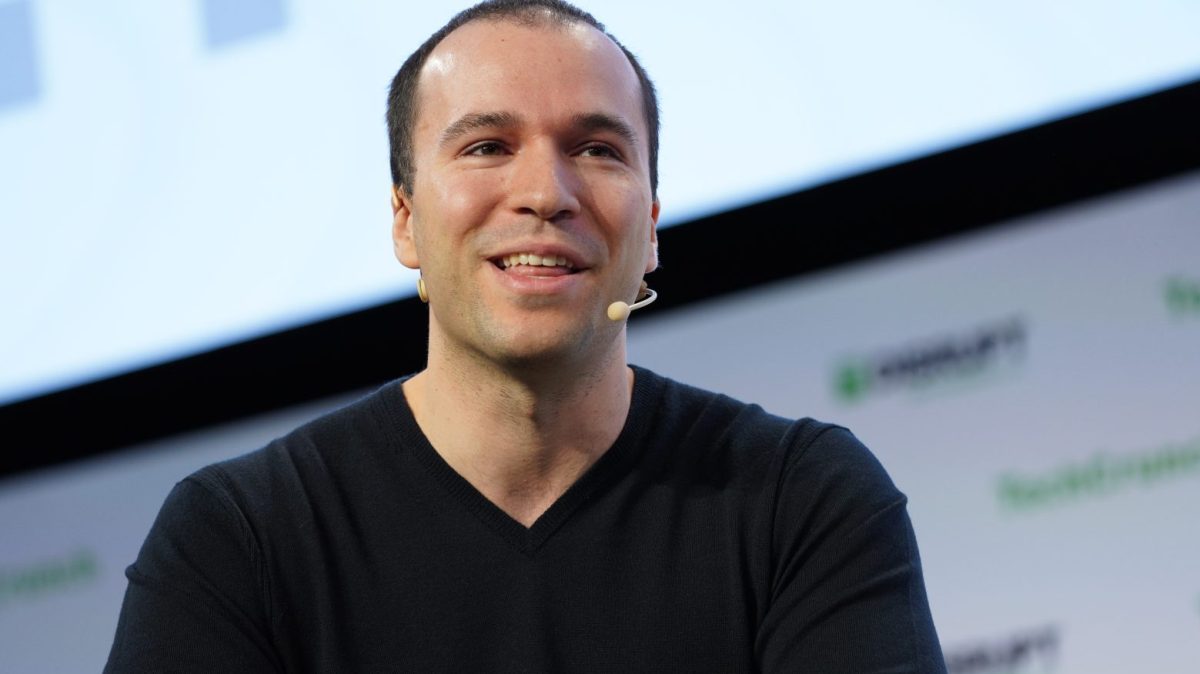Chatbots Put Hill on High Alert, Competition EO Repealed
This week in The Dispatch we're covering Meta's shocking chatbot guidelines, the White House rollback of the competition executive order, and Google's stake in the AI browser wars.
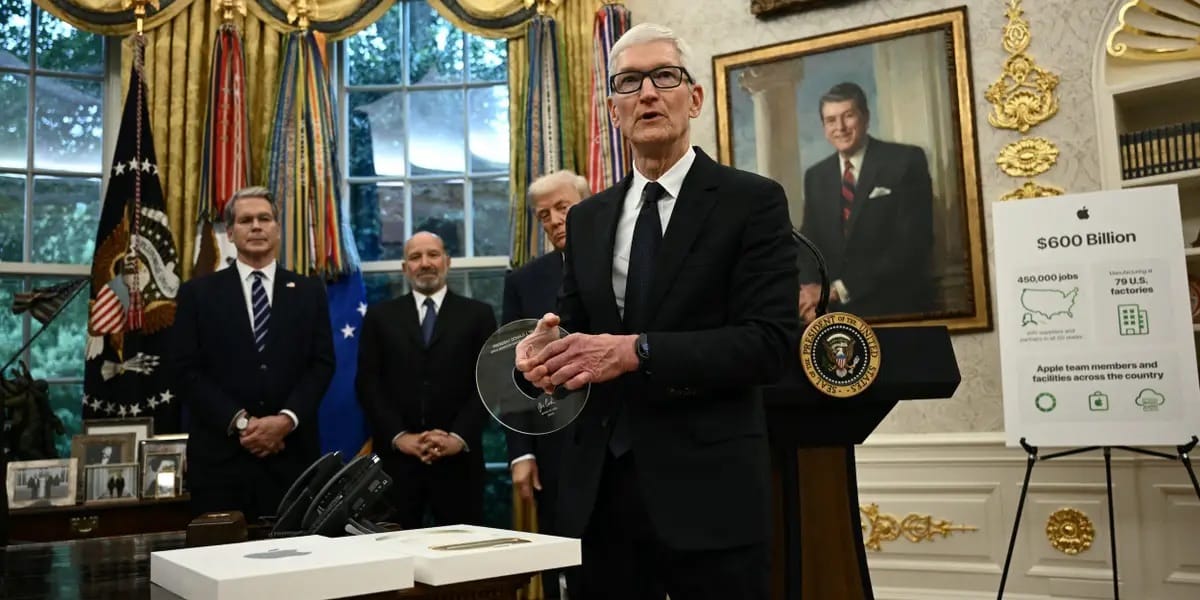
Welcome back to The Dispatch from The Tech Oversight Project, your weekly updates on all things tech accountability. Follow us on Twitter at @Tech_Oversight and @techoversight.bsky.social on Bluesky.
⚠️ BIG TECH AUTOMATES CREEPINESS TOWARDS KIDS: Shocking Meta AI chatbot guidelines advised workers at the social media giant that “it is acceptable (for an AI chatbot) to engage a child in conversations that are romantic or sensual,” and “to describe a child in terms that evidence their attractiveness.”
Those rules appeared in internal policy documents uncovered by Jeff Horwitz for Reuters, which reveal that the company is now allowing AI bots to proactively reach out to vulnerable users, including millions of minors.
It is a new low for Meta, which follows the same dirty playbook: minimize risk, deny responsibility, and chase growth at all costs. If chatbot “engagement” means more data, more time spent, more dependency, the human cost is a rounding error on the way to bigger profits and a tighter grip on society, the economy, and discourse.
Big Tech’s AI chatbot rollout could represent a critical moment in the fight for accountability and against Section 230, as John Herrman notes for New York Magazine:
“(As) social platforms step from recommending content with AI to using AI to actually generate content, (the) gap between the platform and its users is disappearing. Meta isn’t just running a platform where bad actors might scheme to have “sensual” chats with minors or merely recommending problematic or predatory accounts to vulnerable users; the company is creating the chats itself.”
And it’s not just Meta: new research shows that teens are getting hooked on new chatbot products, including OpenAI’s ChatGPT, Google’s Gemini, and Amazon-linked Character.AI. A July survey by Common Sense Media showed that 72% of U.S. teens have used AI companions at least once, and about one in three teen AI companion users reported feeling uncomfortable with something an AI companion had said or done – and had chosen to discuss important or serious matters with AI companions instead of real people.
Vulnerable groups — kids, seniors, the sick, the lonely — are being led into false intimacy and simulated authority. Reuters also spotlighted how a vulnerable 76-year-old grandfather died running through a parking lot after a flirty Meta-created bot modeled on Kendall Jenner convinced him to meet. Senior groups are concerned that digital illiteracy and loneliness could make elders particularly susceptible to AI manipulation.
Experts and advocates warned that Big Tech’s reckless AI chatbot rollout would hurt people on a massive scale. Now, as reports of such harms flood in, lawmakers are responding – and let’s just say they’re not happy:
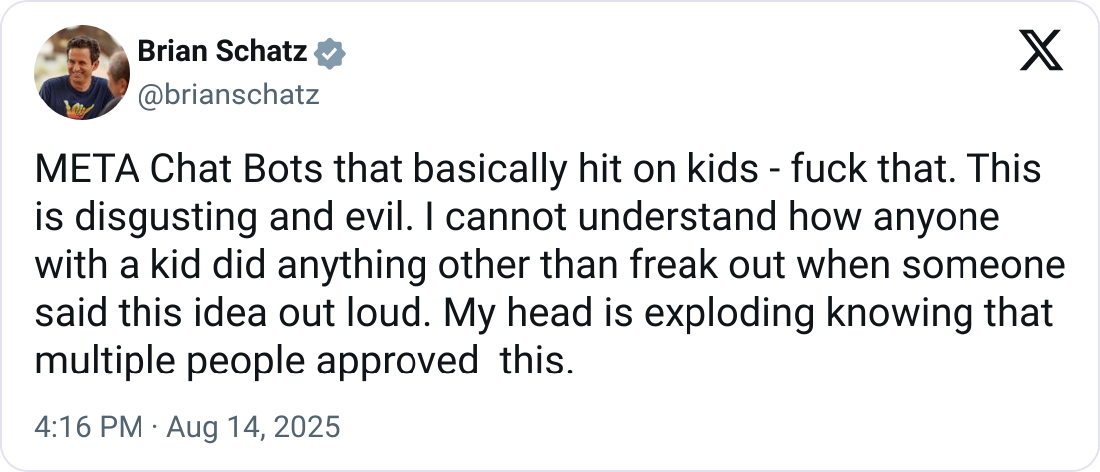
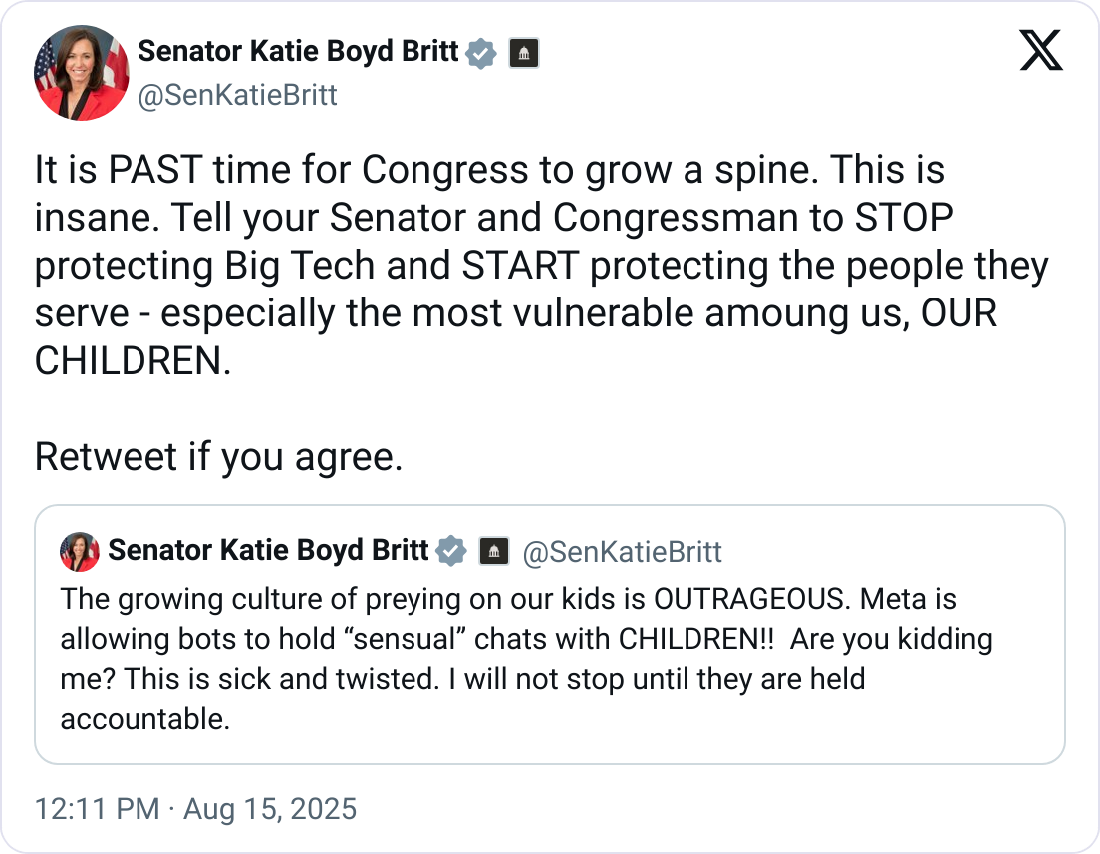
Sen. Josh Hawley (R-MO) called the revelations “grounds for an immediate investigation” — and then, opened one.
“When it comes to protecting precious children online, Meta has failed miserably by every possible measure,” Sen. Marsha Blackburn (R-TN) said in a statement. “This report reaffirms why we need to pass the Kids Online Safety Act.”

🏛️ FROM COMPETITION TO CAPITULATION: The Trump administration has revoked the Biden administration’s 2021 Executive Order on Promoting Competition in the American Economy — a directive that launched the most aggressive pro-consumer push in decades.
Hannah Garden-Monheit, the director of competition policy under Biden, told Reuters the move “throws Main Street businesses and workers under the bus,” and Sen. Amy Klobuchar warned it was “a step backward” that will mean “higher prices, fewer choices, and less innovation.”
The Democratic Party built a broad, big-tent coalition – parents, small businesses, workers, and people from all walks of life – to take on the stifling Big Tech giants that raise costs across the economy.
The Biden Admin competition EO led to:
- Historic wins by successfully prosecuting Google for Search and Ad Tech monopolies
- First-of-their-kind monopoly and consumer protection cases against Google, Apple, Meta, and Amazon
- Modernized federal merger guidelines
- Blocking key mergers, like Adobe-Figma, which would’ve created new digital monopolies and stalled economic growth
- Cutting junk fees and abusive practices like non-competes, right-to-repair, and hidden charges
By repealing the competition order, President Trump is raising fresh doubts about his commitment to taking on Big Tech giants. Those very companies have garnered too much power and control over what we buy, what we see, and how we connect to the world around us. If Trump wants to prove he actually believes in competition, his administration will double down on taking on Big Tech.

🔍 GOOGLE’S CHROME MONOPOLY MELTDOWN: If the Google search trial has shown us anything, it’s that browsers and default search deals can have damaging effects on the digital economy. That’s why Google is panicking about companies like Perplexity or OpenAI expressing interest in buying Chrome if divestiture is forced.
“Browsers are going to be the front lines for the AI wars,” Jonathan Kanter said on CNBC.
With two-thirds of the browser market and Google search set as the default, Chrome is a key distribution channel for Google’s AI products in the future. Companies like Perplexity and OpenAI aren’t dumb. They know that Chrome isn’t just a browser: it’s data, distribution, and scale. Whoever controls it can steer how people use AI — and integrating AI into browsers and search would give them the resources needed to build better models.
Their interest speaks volumes. It punctures Google’s claim that the search trial is behind us. Search and browsers aren’t the past; they are where the AI fights of the future are already taking place. Google’s resistance to divestiture isn’t defensiveness. It’s desperation.

📊 FRESH DATA DROP: The vast majority of Californians across party lines are worried about Big Tech and AI, according to a new survey from TechEquity:
- 55% are more concerned about future AI advancements than excited.
- 48% think AI is advancing too fast.
- 59% believe AI will primarily benefit the wealthy and big corporations – not working people or middle class.
- 70% say we need strong laws to ensure companies make AI safe and secure.
When asked their opinion about AI regulations:
- 81% want lawmakers to protect their privacy.
- 73% want lawmakers to enforce civil rights.
- 73% want lawmakers to enact non-discrimination rules.
And when Californians think about AI’s impact:
- 64% worry it will create deepfakes.
- 59% worry it will spread disinformation.
- 58% worry it will violate their personal privacy.
- 55% worry it will reduce wages.
- 52% worry it will replace low-paying jobs.
Read the full report here.

🍎 BIG GOLD ROTTEN APPLE: Tim Apple showed up to the White House to present Trump with a gold-plated glass plaque — in another blatant attempt to flatter Trump into letting his law-breaking Big Tech monopoly off the hook.
Apple defenders love to tout that the company acts “above the fray,” but to be clear: Apple is just the same as every other Big Tech giant. They will do whatever it takes to appease Trump if it means that they can keep their monopolies squeezing money out of you.
P.S. In other Apple-doesn’t-actually-care-about-your-privacy news: the company is working on another predatory deal to allow Siri to train on Gemini (remember Apple gets $30 BILLION per year from Google's special search default deal). Nothing says “privacy first” like partnering with the world’s biggest surveillance capitalist.

